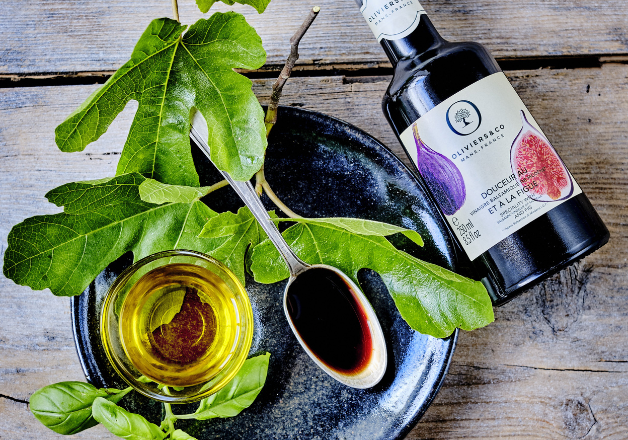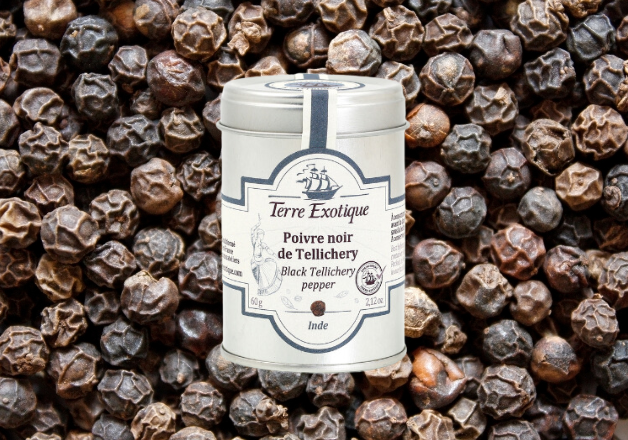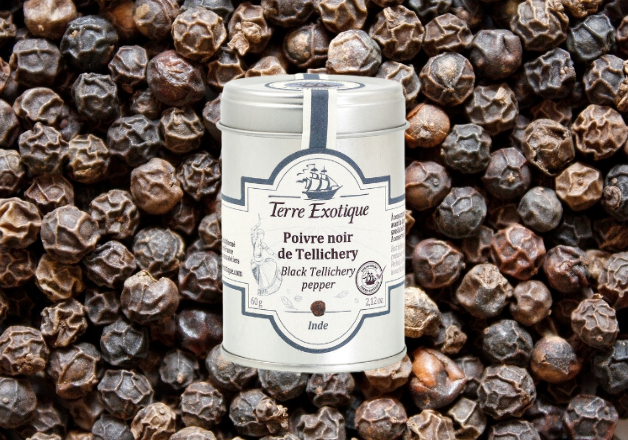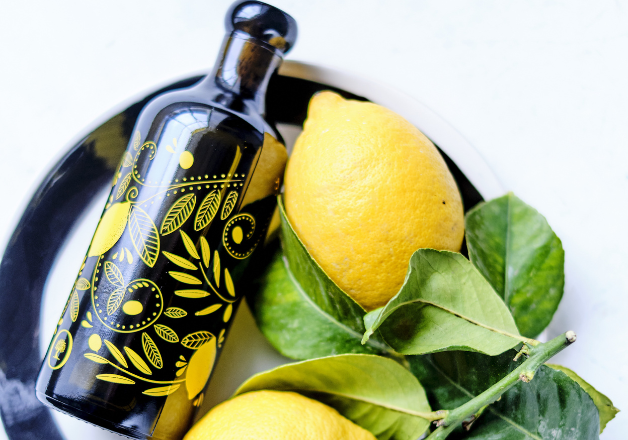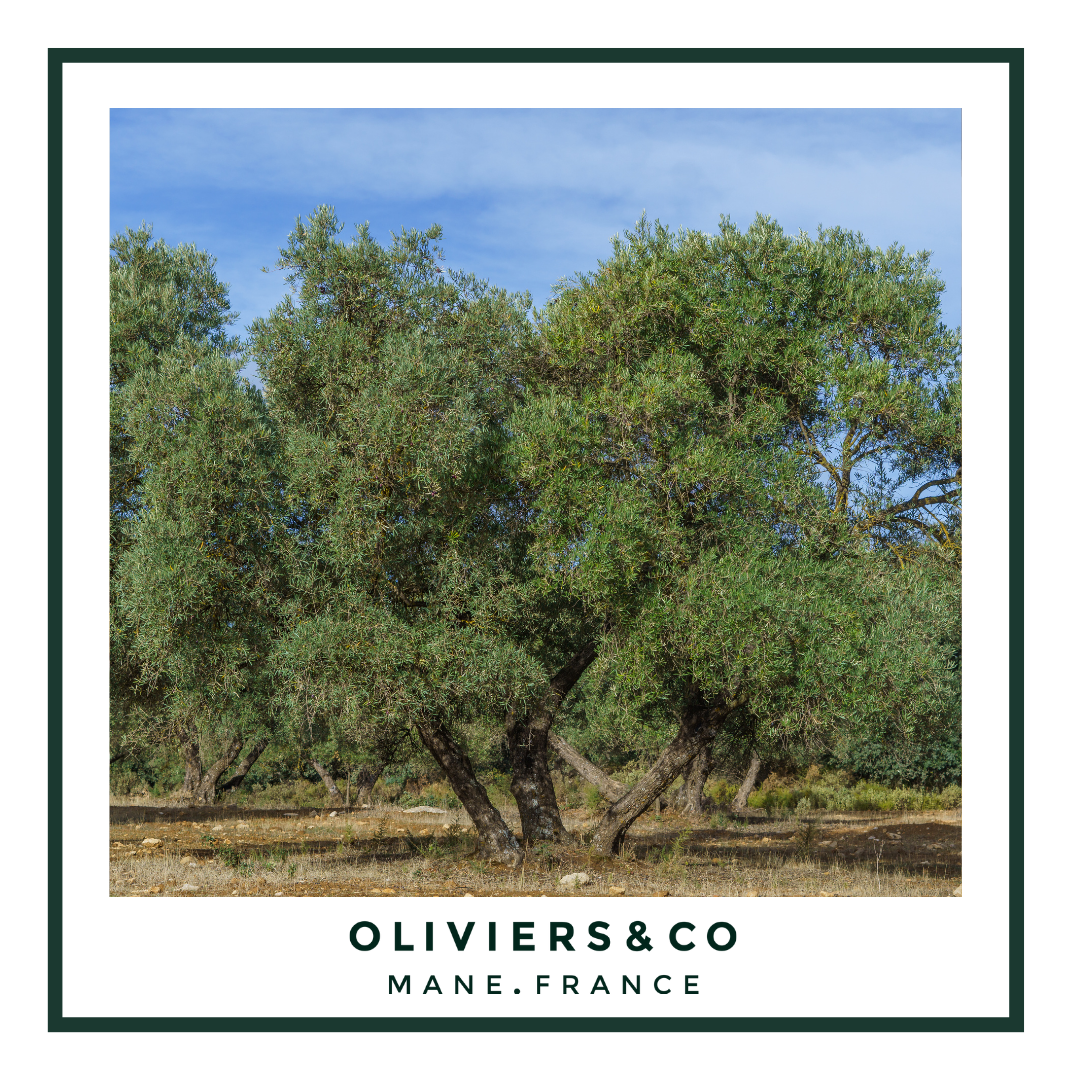

When we think of Spain and its culinary heritage, olive oil might not immediately come to mind. However, did you know that Spain holds the title of being the largest producer of olive oil in the world?
The History of Olive oil in Spain
The story of olive oil in Spain dates back several thousand years, beginning when the Greeks and Phoenicians introduced the olive tree to the region. The Greeks were pivotal in exporting olive oil throughout Europe, and by Roman times, Spanish olive oil was already widely distributed across the Western Roman Empire. Since then, olive trees have predominantly been cultivated in the southern regions of Spain.
Today, remnants of ancient olive groves and mills serve as testament to centuries of olive culture in Spain. Olive production soared from the 1500s onward, and with the advent of the 19th-century railway network, cultivation expanded across Spain, leading to the thriving industry we witness today.
Olive Trees in Spain
Olive cultivation remains a vital economic pillar in various regions of Spain, boasting a staggering total of 2,500,000 olive trees dedicated to oil production. This cements Spain's status as the world's foremost olive oil producer.
Alongside large-scale producers, Spain also hosts numerous small-scale olive oil producers. These artisans uphold traditional methods passed down through generations, crafting oils renowned for their exceptional flavors.
Olive Growing Regions in Spain
Olive farming blankets much of Spain, encompassing diverse regions:
- Northern regions such as La Rioja, Navarra, Aragon, and Catalunya.
- Central regions including Castilla-La-Mancha, Extremadura, Valencia, Murcia, and the Balearic Islands.
- The Southern region of Andalusia, known for its concentration of olive production.
The main olive varieties cultivated in Spain include Manzanilla, Picual, Comicabra, Hojiblanca, Arbequina, and Empeltre.
Spain's Food Culture and Olive Oil
From the lively rhythms of flamenco to the indulgent delights of paella, Spain's vibrant culture is infused with warmth and hospitality.
Spaniards embrace a relaxed lifestyle centered on savoring life's pleasures, including locally sourced, high-quality foods—chief among them, olive oil.
Spaniards are celebrated for their hospitality and family-centric values, often gathering around the table to enjoy meals together. Mealtimes in Spain are typically later than in other European countries, reflecting a rhythm that balances work and leisure.
Olive oil serves as a cornerstone of Spanish cuisine, enhancing dishes across the nation. From iconic dishes like paella to regional specialties such as gazpacho and tortilla española, olive oil's rich flavors are omnipresent. Tapas, served alongside Spanish wines during leisurely aperitifs, further highlight the integral role of olive oil in Spanish gastronomy.
Wherever you find yourself in Spain, olive oil is never far away—it's an essential ingredient woven into the fabric of Spanish culinary traditions.

















